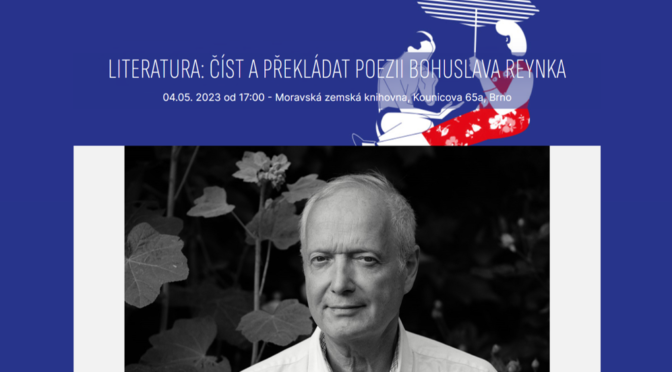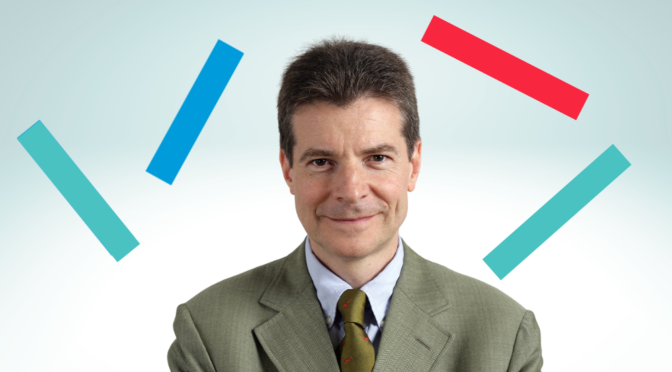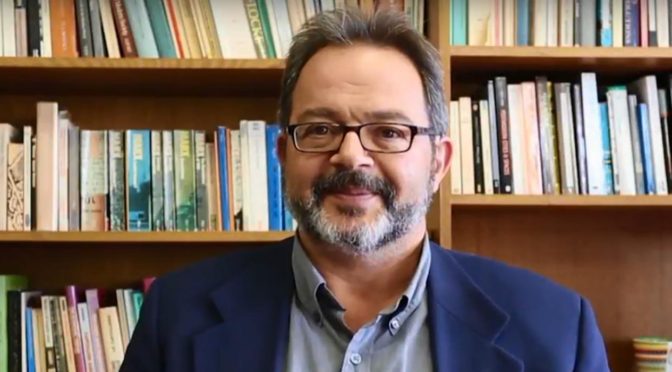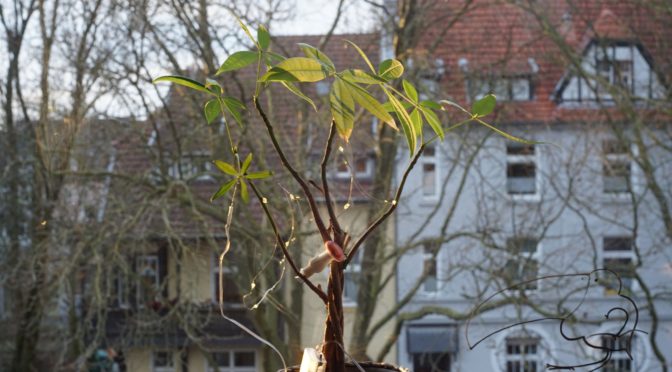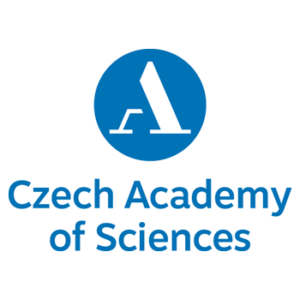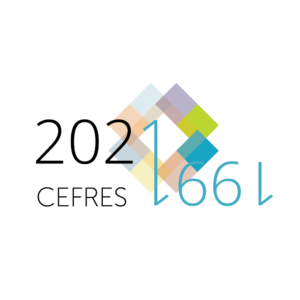Z Čech na Jadran a zpět. Vznik topografie středo-evropského kulturního dědictví mezi říšským paradigmatem a národními okolnostmi (1900-1940), přednáška Daniela Barica
Místo: Ústav dějin umění AV ČR, Husova 4, Praha 1
Datum a čas: 22. května 2019
Organizátoři: CEFRES, ÚDU AV ČR
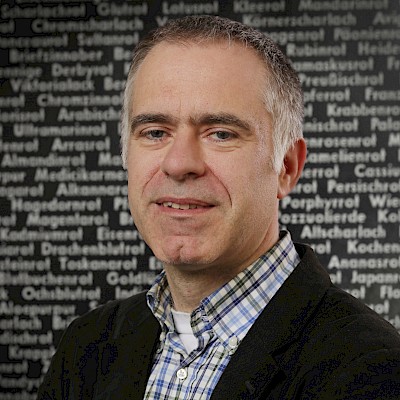
Daniel Baric
Daniel Baric studied History and completed German, Slavic and Hungarian studies in Paris, Berlin and Budapest. A former associate professor at the Department of German studies of Tours University, he is currently working at the Department of Slavic studies of Sorbonne University.
His researches focus on cultural transfers and interculturality in Central Europe, especially within the Habsburg Empire.
Abstrakt (EN)
To reflect upon the elaboration of patrimony policies and their endorsement by local actors means necessarily to take into account a wider context. The relationship of central imperial power with its Oriental circumferences is one of its major dimensions even more significant for the Austrian Empire.
There is a double aspect in Daniel Baric’s ongoing researches. They can be especially observed located among its geographical and historical boundaries. On the one hand, we can find a focus point on imperial Viennese institutions as they are considered to be an instrumental in the genesis of modern patrimony policies. On the other hand, there is a specific study revolving around the most peripheral provinces of Austria-Hungarian, Bosnia-Herzegovina and the Adriatic coast under Austria-Hungarian administration (1878–1918)
Our considerations will be concerned by the tremendous consequences due to the evanescence of the Austro-Hungarian Empire in the domains of embellishment policy and cataloging process.
Archeologists had indeed to find new ways of protecting patrimony through the implementation of new museums and university chairs (i.e. Carl Patsch in Sarajevo and then Vienna, Anton Gnirs in Pula and then at Loket). This process had been achieved by overcoming imperial structures that had collapsed in 1918.
Both of them were scholars born in Bohemia and trained in Prague. In accordance with their acknowledged expertise, they were sent to the Slavonic speaking provinces in the South of Austria-Hungary. They also both finished their researches once they went back to Bohemia and Austria.
The mainstream archeological researches were modified due to political changes and their own departure from their first fields of excavation. De facto, studies on romanization and imperial latinity that were so strongly developed in the Austria-Hungarian period were no more dominant. A new interest emerged for all things medieval and national, giving way to a new paradigm in archaeology.
The tight ties between biography and topography shall be addressed, in regard with current researches based on (mainly autobiographical) manuscripts due to be published.
Daniel Baric’s bibliography
Publications
1. Langue allemande, identité croate. Au fondement d’un particularisme culturel, Paris, Armand Colin, 2013. (Croatian translation : Zagreb, Leykam, 2015)
As an editor
2. Identités juives en Europe centrale, des Lumières à l’entre-deux-guerres, with Tristan Coignard and Gaëlle Vassogne, Tours, Presses universitaires François-Rabelais, 2014.
3. Archéologies méditerranéennes, Revue germanique internationale, 2012.
4. Mémoire et histoire en Europe centrale et orientale, with Jacques Le Rider and Drago Roksandić, Rennes, Presses universitaires de Rennes, 2010.

